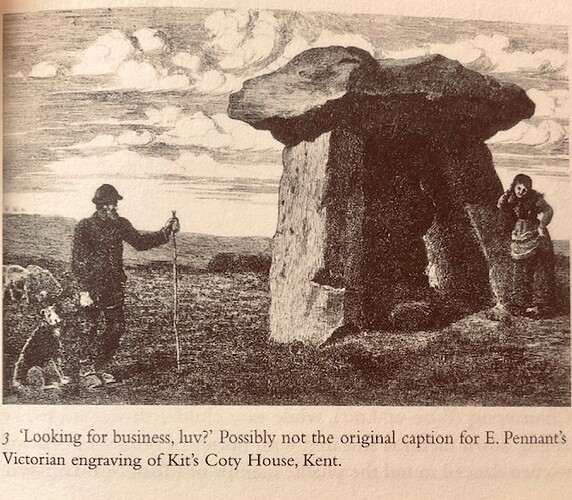I couldn’t understand why a novelist of his stature chose the subject of concentration camp gore.
It’s simply because all Zionist writers feel obliged to hype up the particular events of WW2 which will continue to conjure up sympathy and understanding for the poor Jews who have to kill and rob Palestinians for evermore because, well, because. (Look for the latest example from the Guardian’s Jonathan Freedland in all ‘good’ bookshops.) Here’s an extract from an interview with him published in Haaretz in 2019:
As Amis rolls another cigarette, I mention that I will have to ask him at some point about Israel – journalistic duty and all.
“Israel is a real theme in this book. It ends in Israel. And my first love was a Jewish girl. It was during the Six-Day War, and she would go off, having lost her virginity to me, to donate blood for Israel. And that – what are you going to do about that? – that is a bond.”
Amis has often declared himself to be a philosemite, which he attributes to several close relationships with people who, by chance, have been Jewish: that first love, his closest friend (the late Hitchens), his second wife, and his two daughters, whom, among their several nicknames he also sometimes calls “the Jews.”
Amis first visited Israel in 1986, and he visited a second time a year later, to speak at a conference at the University of Haifa about, and attended by, Saul Bellow, and organized by A.B. Yehoshua. He has since been to Israel many times. When I ask him about his thoughts on the changes he has observed in Israel since those first visits, Amis turns again to poetry.
“It’s a demonstration of that poem by Andrew Marvell about Oliver Cromwell [‘An Horatian Ode upon Cromwell’s Return from Ireland’]. He had just come back from slaughtering twenty percent of the Irish population in the middle of the 17th century: “Still keep thy sword erect; / Besides the force it has to fright / The spirits of the shady night, / The same arts that did gain / A pow’r, must it maintain.”
“Israel just had to become a tough guy.” He leans forward. “See me out?”
We walk side by side through the backyard, heading to the cottage where he was staying during the festival.
“I have an Israeli friend – a businessman, very right wing – I think he is basically a sweetie but he turned himself into a hothead. Israel just can’t afford to be a sweetie, it had to learn the art of violence. So it’s a shame. Saul used to say, Jewish manhood would have been dead without Israel. Zion followed from the Holocaust, so the only way they could be reborn was the reassertion of manhood. I was quite shocked when he said that. He said – ‘after the beating we had taken…’
He asks if I was born in Israel, and I nod.
“So you’re a sabra too. And you know what a sabra is? A prickly pear. So my friend, I think he is basically a sweetie, but he had made himself prickly. There’s no place for being sweet, especially not in the Middle East.”
